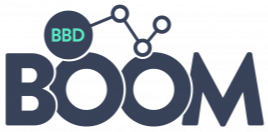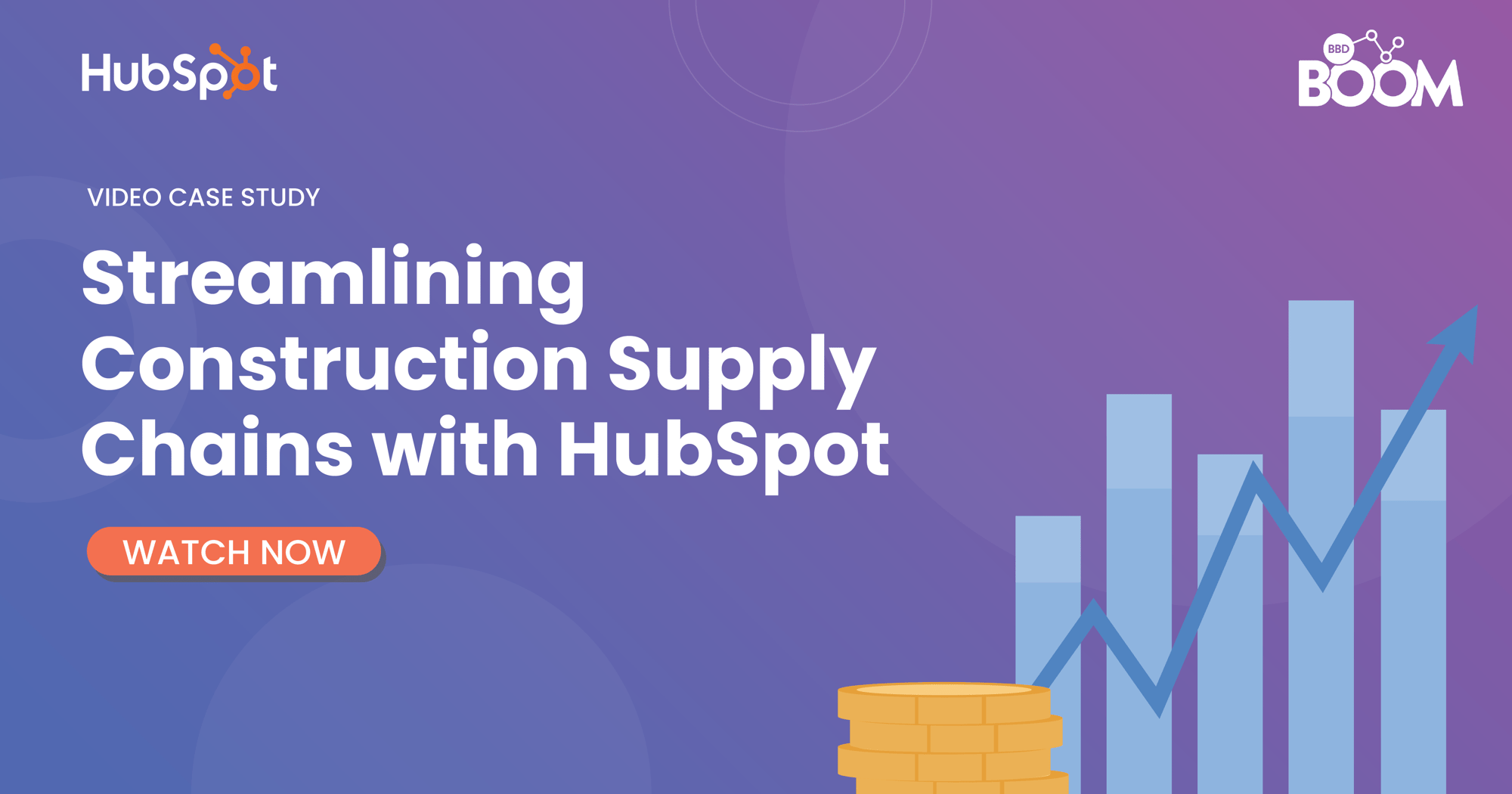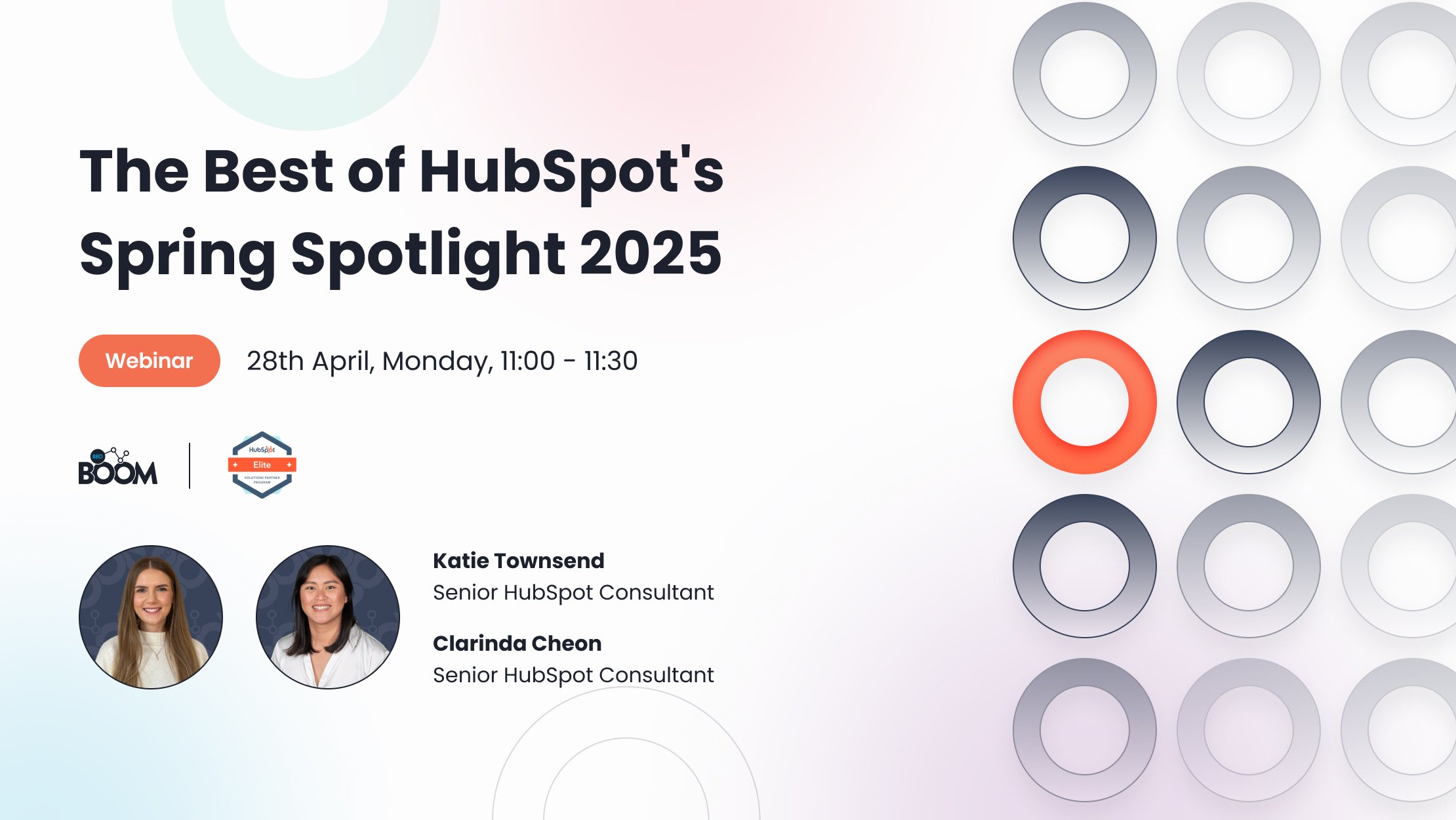Sales automation is the automation of the daily, manual, time-consuming sales tasks using software, artificial intelligence (AI), and other digital tools. Automating your sales process increases the productivity, performance and efficiency of your sales reps, streamlines the quality of your sales tasks, and reduces customer response time increasing satisfaction, all whilst keeping sales data consistent across your organisation.
But there are so many software solutions out there, all boasting various features and interfaces designed to help you sell better. So how do you decide what is best for you? Here are 10 things to consider on your search for a sales automation platform:
1. Prospecting
Are you consistently running the same searches on LinkedIn to hunt down prospects? If you have a LinkedIn Premium or Sales Navigator account, you can set up a custom filter using your combination of criteria (for example, “CMO and South West England”) and connect it to your CRM. Consider a platform that integrates in a way that will enable easy outreach and follow up for these prospects.
2. Lead Enrichment
The more information you have about your prospect’s company size, industry, and solutions, as well as their responsibilities, social media presence, current vendors, and so forth, the easier it will be to successfully connect with them and earn their trust. Some sales automation tools gather information from hundreds or thousands of data sources to give you an up-to-date, comprehensive profile of your prospect, allowing you to head into sales conversations with more insight.
3. Contact and Deal Creation
If you’re still adding new contacts and opportunities to your CRM by hand, there’s a much better way. Make sure you can integrate your various lead sources with your CRM. These might be webinar participants, survey respondents, new email subscribers, event attendees, Facebook Lead Ads respondents, and so on.
4. Email Templates
To save time, choose a platform that allows you to save repetitive email content as an email template. Prospecting, meeting confirmation, and follow-up emails usually do not and should not vary much, so having a template for these is incredibly handy. But make sure that before sending a template you can personalise and tailor the content to your recipients.
5. Sales Email Automation
What if you want to send multiple emails to a prospect in a row, assuming they don’t answer the first one? Consider a platform that allows for sequencing, teeing up the personalised campaign emails to the prospect and choosing when they’ll send, automating follow-up tasks as well.
6. Meeting Scheduling
With an appointment and meeting scheduling tool, you can go right from “Want to see a demo?” to getting a slot on the calendar. Consider a platform that allows you to simply send the prospect a link to your schedule and they can choose any open time that works for them.
7. Deal Management Automation
Get a prospect’s voicemail — log the attempt in your CRM.
Call two days later and reach them — log the conversation in your CRM.
Send them a follow-up email — log the message in your CRM.
You’re probably getting tired just reading that. Automating deal-related activity is a no-brainer; look for a tool that will record your calls, meetings, and emails for you and automate follow-up tasks as a result.
8. Proposals
There’s no need to draft a proposal or quote from scratch or by copying and pasting the relevant details from your emails, notes, and the CRM. Choose a platform that will pre-populate these with details from your calls, notes, and contact/company records.
9. Lead Rotation
Manually assigning leads takes up precious time and bandwidth. You have better things to do; plus, there’s the danger a lead will slip through the cracks. Consider an auto-rotator to assign leads by geographic territory, company size, vertical, or a combination of criteria.
10. Lead Scoring
Want to keep your reps laser-focused on the best opportunities? Use an automated lead scoring system to prioritise leads. Lead scoring software uses demographic and behavioral data to determine how qualified a lead is, so salespeople know exactly which prospects to prioritise.
Of course, being a HubSpot Diamond Solutions Partner, we think that HubSpot is amazing for all of these needs, but whatever sales automation platform you use, make sure you focus on the features and tools that will actually help you sell better. If you’d like to speak to our Growth Consultant about a demo, click here.

.png)



.jpeg?width=50&name=1573666887630%20(1).jpeg)

.jpeg?width=90&name=1573666887630%20(1).jpeg)


